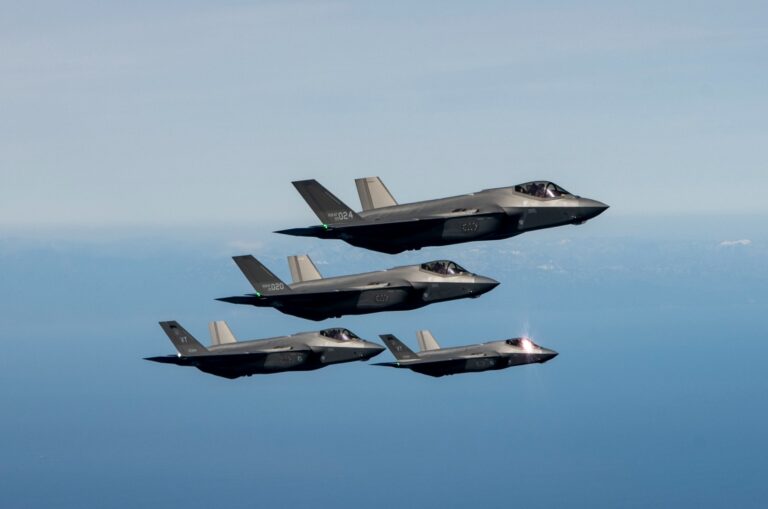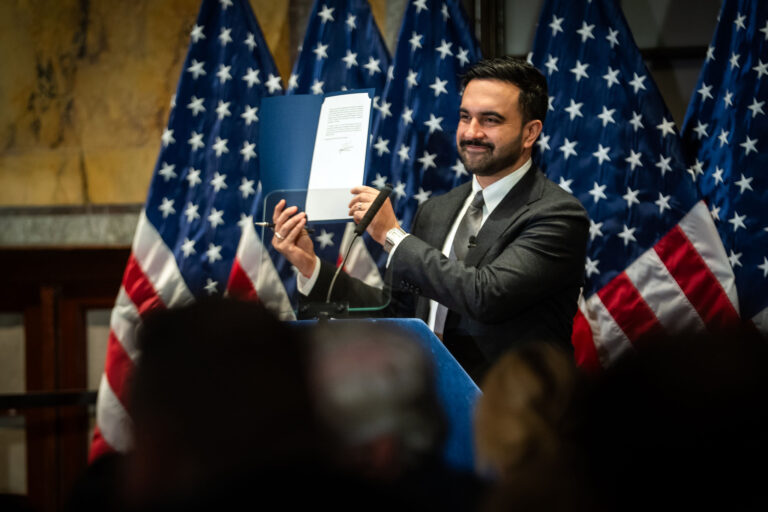U.S. health advisers are debating if millions of Americans who received Moderna vaccinations should get a booster shot — this time, using half the original dose.
Already millions who got their initial Pfizer shots at least six months ago are getting a booster of that brand. Thursday, advisers to the Food and Drug Administration evaluated the evidence that Moderna boosters should be offered, too — and on Friday, they’ll tackle the same question for those who got Johnson & Johnson’s vaccine.
U.S. officials stress that the priority is to get shots to the 66 million unvaccinated Americans who are eligible for immunization — those most at risk as the extra-contagious delta variant of the coronavirus has burned across the country.
“It’s important to remember that the vaccines still provide strong protection against serious outcomes” such as hospitalization and death from COVID-19, said FDA vaccine chief Dr. Peter Marks.
But Marks said it’s also become clear there is some waning of protection against milder infections with all three of the coronavirus vaccines used in the U.S. And he encouraged the advisory panel to consider if the evidence backs similar booster recommendations for all of them as well, since that would “create the least confusion” for the public.
Moderna is seeking FDA clearance for a booster used just like Pfizer’s: For people 65 and older, or adults with other health problems, jobs or living situations that put them at increased risk of serious coronavirus — once they are at least six months past their last dose.
The FDA will use its advisers’ recommendations in deciding whether to authorize Moderna boosters. If it does, there’s still another hurdle: Next week, a panel convened by the Centers for Disease Control and Prevention will offer more specifics on who should get one.
What’s the evidence that the Moderna vaccine’s protection is waning? As the delta variant surged in July and August, people who were more recently vaccinated had a 36% lower rate of “breakthrough” infections compared with those vaccinated longer ago, Moderna’s Dr. Jacqueline Miller told FDA’s advisers.
As for the dose, initial Moderna vaccination consists of two 100-microgram shots. But Moderna says a single 50-microgram shot should be enough for a booster. The company said that would trigger fewer uncomfortable shot reactions such as fever and achiness while also leaving more vaccine available for the global supply.
A study of 344 people found the booster shot six months after initial vaccinations restored virus-fighting antibodies to levels seen after recipients’ last dose — and that included large jumps in antibodies able to target the delta variant, Miller said.
One very rare side effect of both the Moderna and Pfizer vaccines is heart inflammation, particularly among young men soon after the second dose — and one lingering question is whether another dose could spark more cases. Moderna’s booster study wasn’t large enough to spot such a rare risk.
But Israel began offering Pfizer boosters sooner than the U.S. and to more of its population. Thursday, Dr. Sharon Alroy-Preis of Israel’s health ministry told the FDA panel that after 3.7 million booster doses administered, there’s no sign the extra shot is any riskier — despite an intense investigation into heart inflammation.
In the U.S., scientists are divided about exactly who needs boosters and their purpose — whether they’re needed mostly for people at risk of severe disease or whether they should be used to try to reduce milder infections, too. While Pfizer’s boosters are only for certain high-risk groups of Americans, Israeli officials credit wider booster use in their country to stemming the delta surge.
“There is no question in my mind that the break of the curve was due to the booster dose,” Alroy-Preis said in response to FDA advisers who noted that other countries have seen a lowering of delta cases without widespread booster use.
As Thursday’s deliberations began, FDA’s advisers highlighted one confusing issue: People with severely weakened immune systems already can get a third full dose of the Moderna vaccine soon after the initial vaccinations — so a question is whether they should be eligible for a booster, too, which would be their fourth dose.
(AP)











